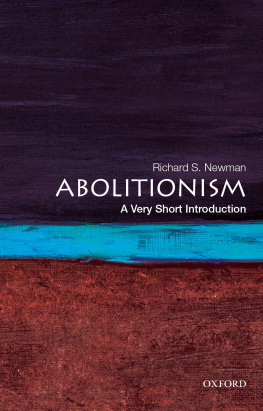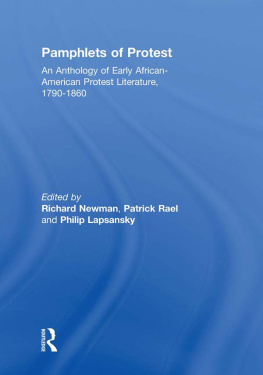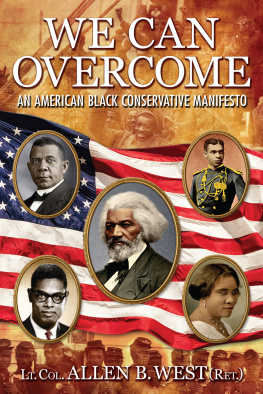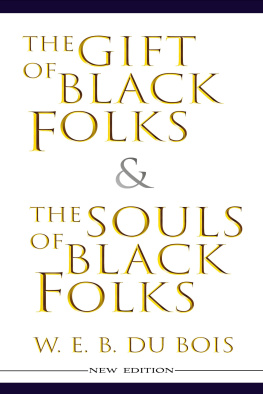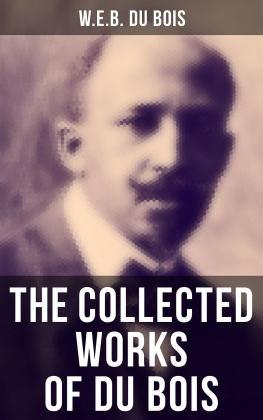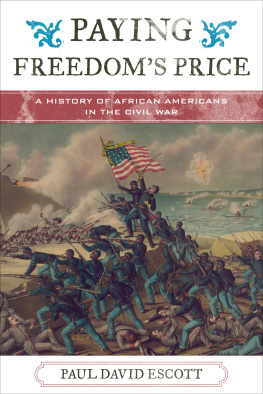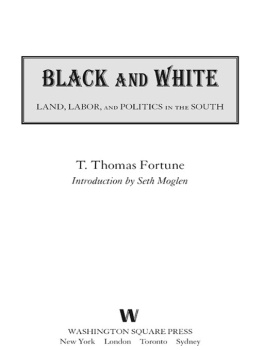Richard S. Newman - Freedoms Prophet: Bishop Richard Allen, the AME Church, and the Black Founding Fathers
Here you can read online Richard S. Newman - Freedoms Prophet: Bishop Richard Allen, the AME Church, and the Black Founding Fathers full text of the book (entire story) in english for free. Download pdf and epub, get meaning, cover and reviews about this ebook. year: 2009, publisher: NYU Press, genre: Politics. Description of the work, (preface) as well as reviews are available. Best literature library LitArk.com created for fans of good reading and offers a wide selection of genres:
Romance novel
Science fiction
Adventure
Detective
Science
History
Home and family
Prose
Art
Politics
Computer
Non-fiction
Religion
Business
Children
Humor
Choose a favorite category and find really read worthwhile books. Enjoy immersion in the world of imagination, feel the emotions of the characters or learn something new for yourself, make an fascinating discovery.

- Book:Freedoms Prophet: Bishop Richard Allen, the AME Church, and the Black Founding Fathers
- Author:
- Publisher:NYU Press
- Genre:
- Year:2009
- Rating:5 / 5
- Favourites:Add to favourites
- Your mark:
Freedoms Prophet: Bishop Richard Allen, the AME Church, and the Black Founding Fathers: summary, description and annotation
We offer to read an annotation, description, summary or preface (depends on what the author of the book "Freedoms Prophet: Bishop Richard Allen, the AME Church, and the Black Founding Fathers" wrote himself). If you haven't found the necessary information about the book — write in the comments, we will try to find it.
An Interview with the Author on the History News Network
A Founding Father with a Vision of Equality: Richard Newmans op-ed in The Philadelphia Inquirer
Author Spotlight in The Rochester Democrat and Chronicle
Gold Winner of the 2008 Foreword Magazine Book of the Year Award, Biography Category
Freedoms Prophet is a long-overdue biography of Richard Allen, founder of the first major African-American church and the leading black activist of the early American republic. A tireless minister, abolitionist, and reformer, Allen inaugurated some of the most important institutions in African-American history and influenced nearly every black leader of the nineteenth century, from Douglass to Du Bois.
Allen (17601831) was born a slave in colonial Philadelphia, secured his freedom during the American Revolution, and became one of the nations leading black activists before the Civil War. Among his many achievements, Allen helped form the African Methodist Episcopal (AME) Church, co-authored the first copyrighted pamphlet by an African American writer, published the first African American eulogy of George Washington, and convened the first national convention of black reformers. In a time when most black men and women were categorized as slave property, Allen was championed as a black hero. As Richard S. Newman writes, Allen must be considered one of Americas black Founding Fathers.
In this thoroughly engaging and beautifully written book, Newman describes Allens continually evolving life and thought, setting both in the context of his times. From Allens early antislavery struggles and belief in interracial harmony to his later reflections on black democracy and black emigration, Newman traces Allens impact on American reform and reformers, on racial attitudes during the years of the early republic, and on the black struggle for justice in the age of Adams, Jefferson, Madison, and Washington. Whether serving as Americas first black bishop, challenging slaveholding statesmen in a nation devoted to liberty, or visiting the Presidents House (the first black activist to do so), this important book makes it clear that Allen belongs in the pantheon of Americas great founding figures. Freedoms Prophet reintroduces Allen to todays readers and restores him to his rightful place in our nations history.
Richard S. Newman: author's other books
Who wrote Freedoms Prophet: Bishop Richard Allen, the AME Church, and the Black Founding Fathers? Find out the surname, the name of the author of the book and a list of all author's works by series.

